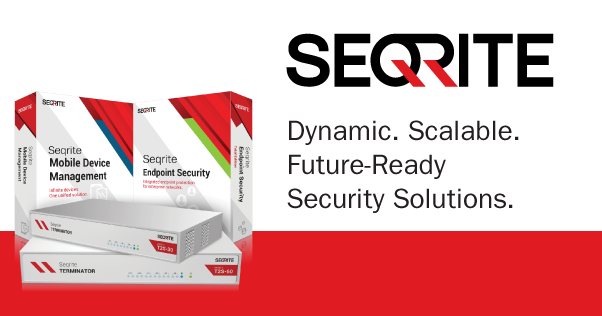
Cybersecurity threats are lurking everywhere.
In 2015, a vulnerability was detected in WiFi routers in hotel allowing attackers to distribute malware and monitor and record data sent over the network. A laptop is stolen every 53 seconds in the United States. USB keyloggers can be found in systems stored in a PC.
Honestly put, it’s a scary world. And this threat is further accentuated by the fact that this is a millennium of remote work. Almost all organizations nowadays have had to accept employees who work remotely. Whether these are employees who are deputed on the field, employees who work a couple of days from home or employees who log in from home every day, remote and mobile teams are a daily reality and they bring their own challenges for the relevant IT teams.
Here are the top 5 IT tips for remote and mobile teams to ensure they stay secure:
- Password Security
This tip continues to be ever-present in every cybersecurity dialogue but the reason is because of its important. Especially when it comes to remote teams working outside the enterprise network, a strong password is the best defense against any threat. Remote teams must ensure they keep strong, difficult to crack passwords with ideally different characters and two-step authentication. They must also not share these passwords with anyone else, not write them down anywhere and change them frequently.
- Keep devices updated
In a normal office setup, the IT security team will put in policies to ensure that their systems are updated with the latest patches and updates to the browser, operating system, etc. However, for teams which are working remotely and maybe on their own devices, this is also a non-negotiable item. If any official work is done on a device, whether it is private or personal, the company policy must be that it is updated with the latest patches. Devices which have not been updated are a recipe for disaster and can be easily exploited by cybercriminals to steal official data.
- Using public systems and WiFi
Sometimes, remote employees will work out of cafes or restaurants. Employees may even use the airport WiFi when they are transiting on official work. While this can be convenient, it can be extremely dangerous. Public WiFis may often not have the correct security compliances making them very vulnerable to be hacked. Criminals can record and steal data from them.
The same advice should be followed for public systems as well. They may have the most rudimentary of security systems, not even having an anti-virus solution, and should never be used for doing official work. In fact, they also pose a physical risk with people around easily capable of seeing and even photographing important information.
- Encryption
It’s always a good idea for employees who are working remotely to encrypt all information sent to the main enterprise network. This adds an additional layer of protection and ensures that even if hackers manage to access the data through a vulnerability or a black hole, they are unable to use it without the decryption key. Seqrite Encryption Manager protects corporate data residing on endpoints with strong encryption algorithms.
- Manage & Enforce a Remote Cybersecurity Policy
If an enterprise has a number of teams who are working remotely, they cannot afford to be reactive. A proper cybesecurity policy for these teams, which cover exact dos-and-don’ts along with important instructions must be devised and communicated to all in the company. Even more importantly, it must be strictly enforced so that all employees are aware of what they are expected.
As the world grows more even more connected, the proliferation of remote workers will only increase, leading to more headaches. But enterprises which can keep the basics in mind and ensure that everyone is on the same page will go a long way in remaining safe from cyber attacks.
 Firewall Firm is a Managed Cyber Security Company in India Firewall Firm is a Managed Cyber Security Company in India Firewall Firm is a Cyber Security Company in India Provides Next-Generation Firewalls for advanced protection for physical,virtual public,private cloud networks
Firewall Firm is a Managed Cyber Security Company in India Firewall Firm is a Managed Cyber Security Company in India Firewall Firm is a Cyber Security Company in India Provides Next-Generation Firewalls for advanced protection for physical,virtual public,private cloud networks